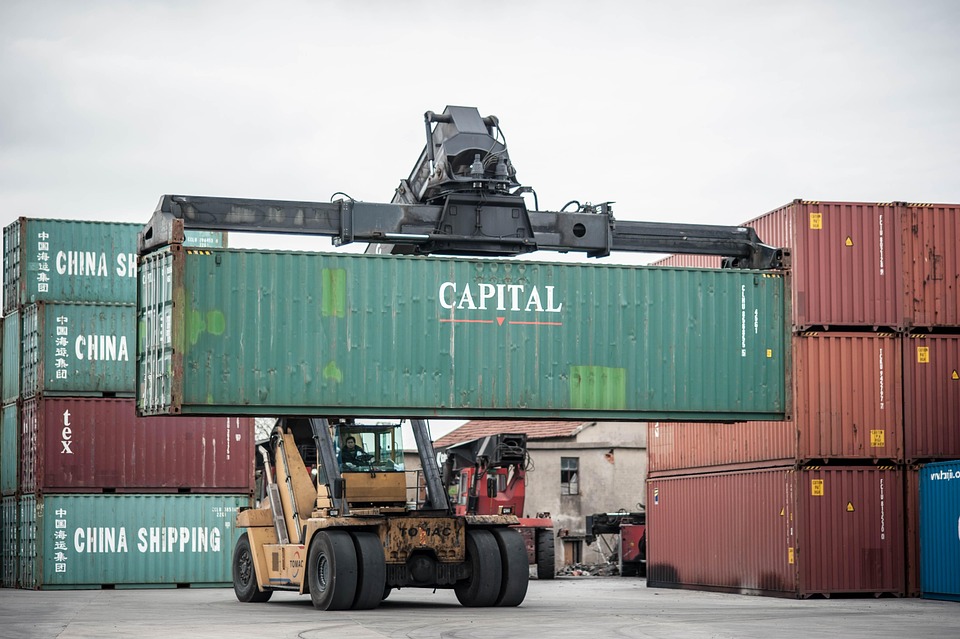
Agency export,What are the common methods for payment of goods?
In the practice of international trade in 2025, the payment of export proceeds through agents is primarily divided into three models:
- Full prepayment model: Applicable to long-term cooperative and creditworthy agents, where the customer pays the full payment before the shipment of goods.
- Phased payment: Operate under the structure of 30% advance payment + 40% payment against copy of bill of lading + 30% final payment (specific proportions are negotiable).
- Letter of credit settlement: Through bank credit guarantee, it is recommended to choose a SWIFT-certified bank to issue an irrevocable letter of credit.
According to the latest statistics from the General Administration of Customs in 2025, the market share of phased payment methods has reached 57%, an increase of 12 percentage points compared to 2023, making it the most mainstream settlement method.
How to verify the payment qualification of an agency company?
Three core qualifications that must be verified when selecting an agency:
- Customs filing certificate: Check the filing status on the China Customs Enterprise Import and Export Credit Information Publicity Platform
- What basic qualifications are required for import and export agency rights?: Confirm that it has the "Trade Foreign Exchange Receipts and Payments Enterprise" designation (preference given to Category A enterprises as classified by the Foreign Exchange Bureau).
- Industry Certification: Including but not limited to the Ministry of Commerce AAA Credit Enterprise and International Freight Forwarding Certification (FIATA)
It is recommended to verify the company's annual reports and administrative penalty records through the "National Enterprise Credit Information Publicity System," with particular attention to foreign exchange violation records from the past three years.
How should the payment schedule for the goods be arranged?
Five key payment milestones in standard export agency services:
- The agency service fee shall be paid within 3 business days after signing the contract.
- Pay the procurement cost before the goods are loaded into the container (a special VAT invoice from the supplier must be provided).
- Pay logistics-related fees after the bill of lading is issued.
- Pay customs duties and VAT after customs clearance (actual reimbursement).
- The profit sharing will be settled within 3 working days after receiving the payment.
Please note the "Customs Clearance Time Commitment System" to be implemented by the General Administration of Customs in 2025. It is recommended to include a clause in the contract specifying the allocation of demurrage charges caused by customs clearance delays.
How to preventTransboundary PaymentsRisks?
Three major risk prevention and control measures summarized from twenty years of practical experience:
- Fund supervision account: The agent is required to open a joint control account at a designated bank, preferably at an overseas branch of a Chinese-funded bank.
- Closed-loop payment voucher: Ensure that each payment corresponds to a matching proforma invoice, purchase contract, and logistics document.
- Exchange rate locking mechanism:Adopt the "benchmark exchange rate + floating range" model, referencing the monthly central parity rate published by the China Foreign Exchange Trade System.
Please note the new central bank regulation for 2025: Cross-border payments exceeding $50,000 per transaction require submission of the "Export Goods Trade Settlement Background Commitment Letter."
AgentlyExport tax refundHow to settle the payment?
The tax refund settlement process under current policies:
- After the goods depart, the agent will file for tax refund (paperless declaration to be implemented in 2025, with processing time reduced to 7 working days).
- The tax refund will be transferred to the designated account of the client within 3 working days after the refund is received.
- Please provide the complete "Two Lists and Two Tickets": Customs Declaration Form, Verification Form, Value-Added Tax Invoice, and Agency Agreement.
Key Notice: Starting from January 2025, the State Taxation Administration will adjust the export tax rebate rate for textile products from 13% to 11%. It is necessary to specify the handling plan for tax rate changes in the contract.
How to handle financial disputes?
Recommended dispute resolution approach:
- First, initiate the commercial mediation procedure as stipulated in the contract (average processing period: 14 days).
- Apply to the China Council for the Promotion of International Trade for professional mediation (new online mediation platform to be added in 2025).
- The dispute shall be finally settled by arbitration of the China International Economic and Trade Arbitration Commission (CIETAC).
Important Reminder: It is essential to stipulate the "dispute resolution venue" and "applicable law" in the agency agreement. It is recommended to designate the court at the principal's location as the jurisdiction.
How to handle special payment scenarios?
Special handling plan for emerging businesses in recent years:
- Cross-border e-commerce 9710 model: Payment can be made directly to the overseas warehouse operator, and the "Cross-border E-commerce" document must be provided.Export agentAgreement by both parties
- Transitional trade: It is recommended to establish an SPV in places such as Singapore and Hong Kong for fund settlement.
- Barter trade: A "Special Transaction Filing Form" must be submitted to the foreign exchange bureau, with the filing processing time shortened to 3 working days by 2025.


 Follow Customer Service WeChat
Follow Customer Service WeChat